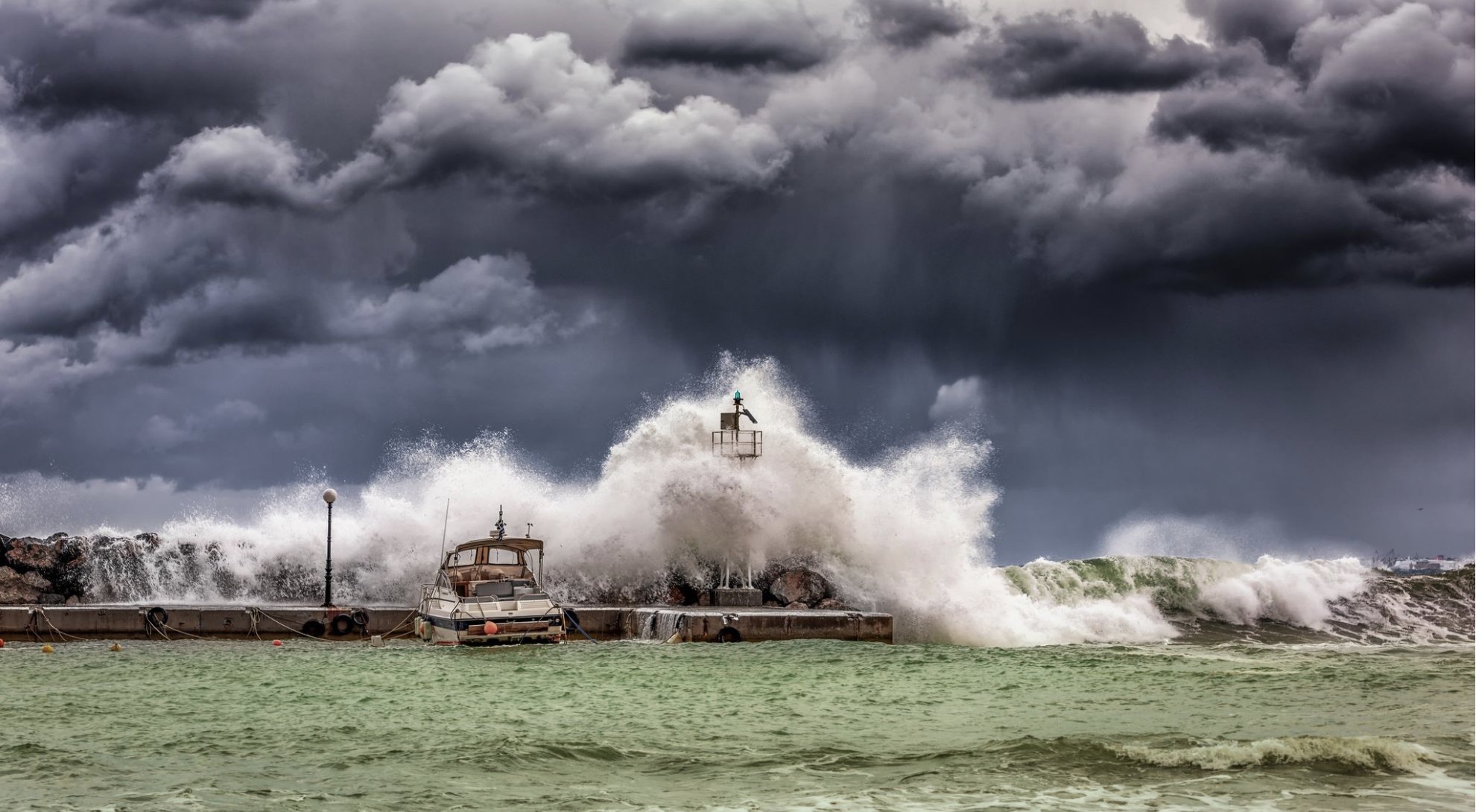
Research Experience for Undergraduates on Coastal Infrastructure Resilience Research (CIRR)
Summer Stipend of $600/week for 9 or 10 weeks
$500 Travel Allowance
Free Housing for Eligible Applicants
The Department of Civil and Architectural Engineering (CAE) at the University of Miami (UM) invites qualified undergraduate students to participate in its summer REU site program held from June to August 2026. The program will provide opportunities for talented and motivated undergraduates to engage in research in the area of coastal infrastructure resilience. Although these students might be well informed, taught, or trained in the classroom, few may realize the potential rewards accompanying a career in research unless they are exposed to, and become part of, a multidisciplinary research environment.
While there have been coastal infrastructure resilience related efforts in recent years, such efforts have been unidirectional and primarily focused on a single specific discipline. The summer REU program will take a convergent approach to develop comprehensive and robust solutions by integrating an interdisciplinary field of expertise including engineering, chemistry, biochemistry, biology, and the natural and marine sciences.
At UM, the above fields of expertise have a strong history of multidisciplinary interactions at all levels, culminating in joint research and educational activities. Thus, all undergraduates in the program will participate in collaborative research involving faculty members from different expertise as a means of emphasizing that research should not be bound by antiquated and artificial barriers.
REU Program Structure
Each summer, a group of 8 to 10 undergraduate students in the REU program will become members of research groups in the broad areas of engineering and science, and join a community of scholars including faculty, postdocs, graduate students, and other undergraduates. In addition to engaging in hands-on research under the mentorship of dedicated faculty, students will participate in "How-To" workshops and personal growth seminars, embark on field trips in south Florida, and attend seminars targeted at providing technical and policy insight related to coastal resilience. Various social events and cohort building exercises will allow students to socialize, network, and enjoy the diverse cultural environments of south Florida. Student participants will be compensated with free on-campus housing and a stipend of$600 per week for the 10-week program.
Hands-on Research
Workshop and Seminars
Field Trips
Presentations and Poster Symposium
Hands-on Research
Coastal resilience research opportunities will encompass the following areas:
Architectural engineering
Biology
Chemical engineering
Chemistry and biochemistry
Civil engineering
Coastal ecosystem sciences
Computational sciences
Electrical engineering
Environmental engineering
Industrial engineering
Marine and atmospheric sciences
Materials engineering and material science
Ocean sciences
Public health
Visit the Research Fields and Faculty Mentors page to see the full range of research projects and faculty mentors.
Workshops and Seminars
Workshops are geared towards assisting participants with fundamental aspects of engaging in research and seeking graduate study:
How-To Perform a Comprehensive Literature Review
How-To Create an Appealing and Content-Rich Poster
How-To Prepare a Standout Graduate School Application
How-To Develop a Winning Resume
The technical and policy seminars will be given by experts and community leaders from various sections of the shareholders closely involved in coastal infrastructure resilience. The seminars will include:
Building Adaptive Shorelines and Resilient Communities
Coastal Flood Risks: Achieving Resilience Together
Best Practices for Managing Coastal Infrastructure
Community Outreach and Increasing Resilient Women
Field Trips
Three field trips are planned with the goal of exposing the students to coastal infrastructure as well as relevant research and policy agencies. The anticipated destinations include
(i) Port of Miami's Seawall
(ii) National Hurricane Center
(iii) City of Miami Beach Office of Resilience.
Presentations and Poster Symposium
REU participants will make oral presentations of their mid-point and final results at the end of week 5 and week 10, respectively. The final activity of the summer program will be a poster symposium where they will showcase their research results.

















